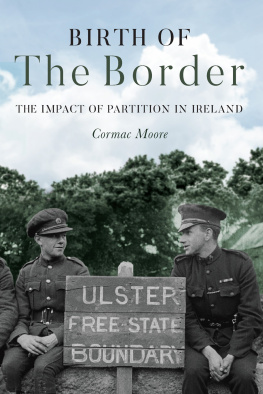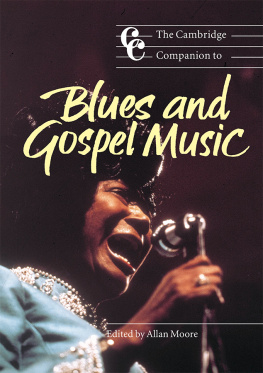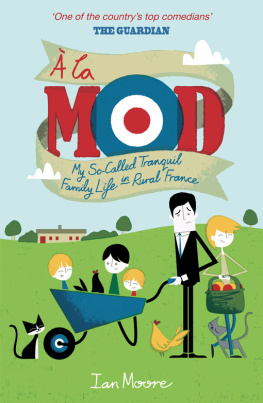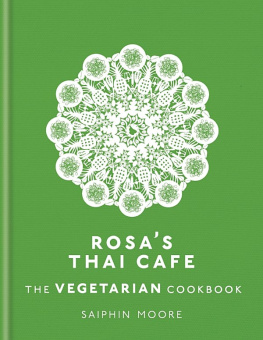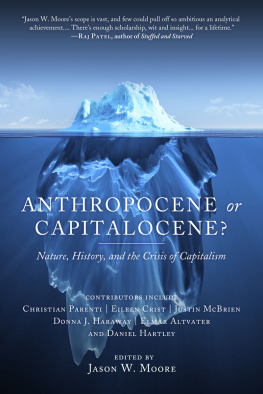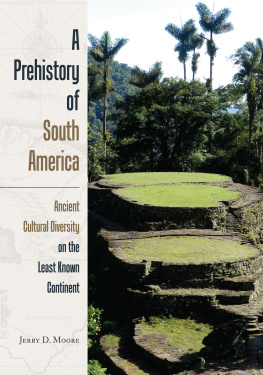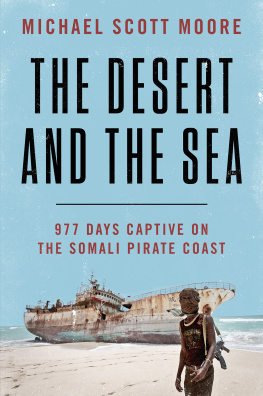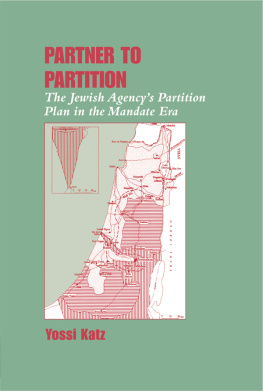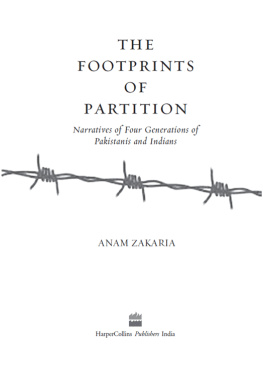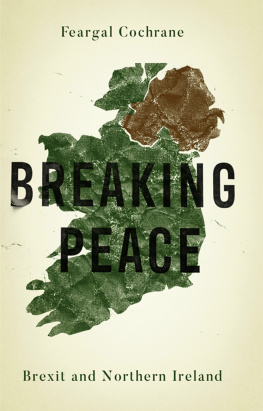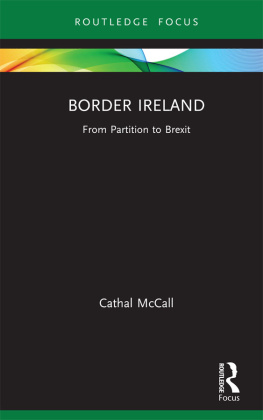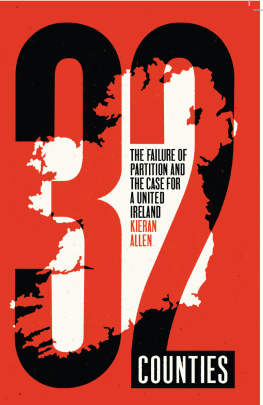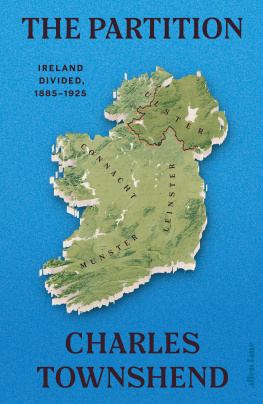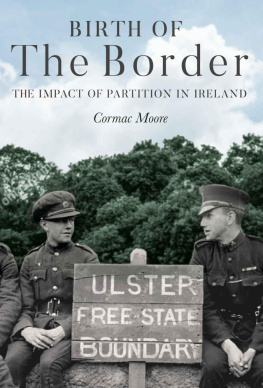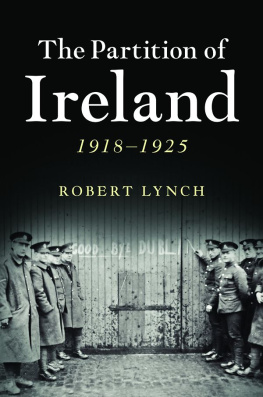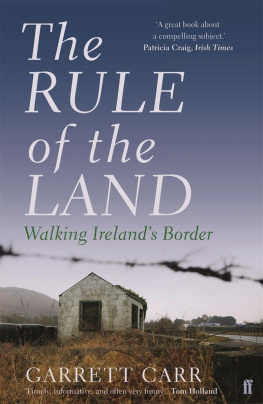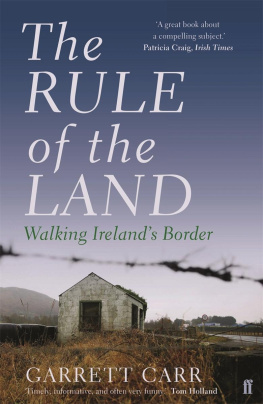Moore - Birth of the Border : The Impact of Partition in Ireland
Here you can read online Moore - Birth of the Border : The Impact of Partition in Ireland full text of the book (entire story) in english for free. Download pdf and epub, get meaning, cover and reviews about this ebook. year: 2019, publisher: Lightning Source Inc, genre: Politics. Description of the work, (preface) as well as reviews are available. Best literature library LitArk.com created for fans of good reading and offers a wide selection of genres:
Romance novel
Science fiction
Adventure
Detective
Science
History
Home and family
Prose
Art
Politics
Computer
Non-fiction
Religion
Business
Children
Humor
Choose a favorite category and find really read worthwhile books. Enjoy immersion in the world of imagination, feel the emotions of the characters or learn something new for yourself, make an fascinating discovery.
Birth of the Border : The Impact of Partition in Ireland: summary, description and annotation
We offer to read an annotation, description, summary or preface (depends on what the author of the book "Birth of the Border : The Impact of Partition in Ireland" wrote himself). If you haven't found the necessary information about the book — write in the comments, we will try to find it.
Moore: author's other books
Who wrote Birth of the Border : The Impact of Partition in Ireland? Find out the surname, the name of the author of the book and a list of all author's works by series.
Birth of the Border : The Impact of Partition in Ireland — read online for free the complete book (whole text) full work
Below is the text of the book, divided by pages. System saving the place of the last page read, allows you to conveniently read the book "Birth of the Border : The Impact of Partition in Ireland" online for free, without having to search again every time where you left off. Put a bookmark, and you can go to the page where you finished reading at any time.
Font size:
Interval:
Bookmark:

BIRTH OF THE BORDER
Cormac Moore is a Dublin-based historian and is currently working with Dublin City Council on its Decade of Commemorations programme. He has published widely on Irish history including The GAA v Douglas Hyde: The Removal of Irelands First President as GAA Patron (2012) and The Irish Soccer Split (2015).
BIRTH OF THE BORDER
THE IMPACT OF PARTITION IN IRELAND
CORMAC MOORE

First published in 2019 by
Merrion Press
An imprint of Irish Academic Press
10 Georges Street
Newbridge
Co. Kildare
Ireland
www.merrionpress.ie
Cormac Moore, 2019
9781785372933 (Paper)
9781785372940 (Kindle)
9781785372957 (Epub)
9781785372964 (PDF)
British Library Cataloguing in Publication Data
An entry can be found on request
Library of Congress Cataloging in Publication Data
An entry can be found on request
All rights reserved. Without limiting the rights under copyright reserved alone, no part of this publication may be reproduced, stored in or introduced into a retrieval system, or transmitted, in any form or by any means (electronic, mechanical, photocopying, recording or otherwise) without the prior written permission of both the copyright owner and the above publisher of this book.
Typeset in Minion Pro 11.5/15pt
Cover front: Still from British Path newsreel, The Seat of All the Trouble, 1924. (courtesy of British Path).
CONTENTS
In memory of my mother, Anne Moore.
Acknowledgements
T he idea of this book came about through conversations with Professor Mike Cronin, Academic Director of Boston College whilst researching for my PhD. As a PhD supervisor, Mike was always available and willing to help. He constantly offered new avenues and ideas that aided me immeasurably in looking at the partition of Ireland in very different ways. Professor Martin Polley, Director of the International Centre for Sports History and Culture at De Montfort University in Leicester, also offered great assistance and advice throughout my research for my PhD and this book.
I would like to thank Grinne Daly, Loughlin Deegan and Tara Doyle for taking the time to meticulously read through the original draft and suggesting many much-needed changes. I bear full responsibility and culpability for any mistakes in the final version. I would also like to thank Hilary Delahunty, Claire Egan, Paul Flanagan, Tom Hunt, Bernard Kelly, Donald McDonald, Frank Mulcahy, Mary Muldowney and Brian Murphy for reading the first draft and making many suggestions which I have incorporated into the book. I would like to thank Oliver P. Rafferty, S.J. for sharing his research with me on the Catholic Church and Dnal McAnallen for sharing his research on the GAA.
I am indebted to the staff members of the Public Record Office of Northern Ireland, the National Library of Ireland, the University College Dublin Archives, the Dublin City Library and Archive, the National Archives of Ireland and the UK National Archives for all of their help on the many visits I made whilst researching this book.
I wish to thank Berni Metcalfe from the National Library of Ireland, Breeda Brennan from the RT Stills Library, Enda Leaney from the Dublin City Library and Archive, Patricia Marsh from the Public Records Office of Northern Ireland, Luci Gosling from the Mary Evans Picture Library, Samantha McCombe from the Linen Hall Library, Hugh Forrester from the Police Museum of the Police Service of Northern Ireland, Lisa Olrichs from the National Portrait Gallery and Louis Jeffries from British Path for their help in sourcing images for the book.
I am very grateful for the help I have received from all of the staff of Merrion Press throughout the publishing process, particularly of the support and assistance from Conor Graham and Fiona Dunne.
I would like to thank all of my family and friends for their encouragement and help throughout the process. To Brigid, my wife, I am thankful for your love and support and for putting up with me for all of the time I spent obsessing over this book. Finally, this book is dedicated to my late mother, Anne Moore, who sadly passed away last year and who I miss deeply.
INTRODUCTION
The Uncertainty and Confusion of Partition
The funeral of Dan Doonan came treacle-slow from the church They approached the new Border Customs Post. From a hut, a-buttoning his coat came Barrington.
Good morning, he said in that uneasy Civil Servant tone; not so much a greeting to the day as a farewell to personal liberty.
A few formalities, sir, he continued, thrusting the Customs card at the priest. Read that, will you?
We have nothing to declare, sir, this is a funeral.
What have you got in the coffin?
You must be joking, said the priest, his face going purple with anger, and his anger going white with rage.
Im not joking sir, I am merely doing my duty.
Very well. Inside the coffin is the body of 98-year-old Dan Doonan. Now let us pass!
Not quite finished yet, sir. You intend to bury an Irish citizen in what is now British territory?
That is true
I presume the deceased will be staying this side permanently?
Unless someone invents a remarkable drug yes, answered the priest. Then, went on Barrington, he will require the following: an Irish passport stamped with a visa, to be renewed annually for the rest of his Barrington almost said life stay, he concluded.
Spike Milligan, Puckoon
Puckoon is a comic novel written in 1963 by Spike Milligan. It is set in 1924, as the Boundary Commission was deciding on the border between Northern Ireland and the Irish Free State. In the novel, the small town of Puckoon ends up having the border running straight through the middle of it, and through incompetence, dereliction of duty and sheer perversity Houses are divided from outhouses, husbands separated from wives, bars cut off from their patrons, churches sundered from graveyards. Although a comic novel, such was the confusion and uncertainty surrounding the birth of the border in Ireland that there is more than a hint of real life permeating the novel. In real life, towns, farms and homes were divided by the border. The novel captures the absurdity of drawing lines on a map that divided communities into different political entities.
The creation of Northern Ireland was not a clean-cut operation, and Ireland took a long meandering road on its path towards partition. For a start, there was minimal initial support for two parliaments in Ireland among the Ulster unionists, who wished to remain governed from Westminster, and from nationalists. The vast majority of the people on the island rejected the Government of Ireland Act 1920, including at least one-third of the population of the new northern jurisdiction. There was also significant opposition from politicians in Britain and from the British civil service in Ireland. The process towards and realisation of partition was coloured by bewilderment, rejection, obstruction and constant change. It was also somewhat haphazard in its implementation, with some services remaining in Westminster on the off-chance that an all-Ireland jurisdiction would prevail. The signing of the Anglo-Irish Treaty of 1921 led to increased uncertainty and confusion, superseding the Government of Ireland Act for the south. Both Irish jurisdictions were born at roughly the same time. However, one was granted significantly more powers than the other. There was doubt as to the viability of Northern Ireland for a number of years following its birth, particularly in relation to the size of the area that would remain within its territory. A permanency of sorts was reached in 1925 with the agreement of the British, Free State and Northern Ireland governments to abandon the Boundary Commission report and retain the status quo. Regardless of the maintenance of the status quo, the northern jurisdiction remained a contested entity.
Next pageFont size:
Interval:
Bookmark:
Similar books «Birth of the Border : The Impact of Partition in Ireland»
Look at similar books to Birth of the Border : The Impact of Partition in Ireland. We have selected literature similar in name and meaning in the hope of providing readers with more options to find new, interesting, not yet read works.
Discussion, reviews of the book Birth of the Border : The Impact of Partition in Ireland and just readers' own opinions. Leave your comments, write what you think about the work, its meaning or the main characters. Specify what exactly you liked and what you didn't like, and why you think so.

